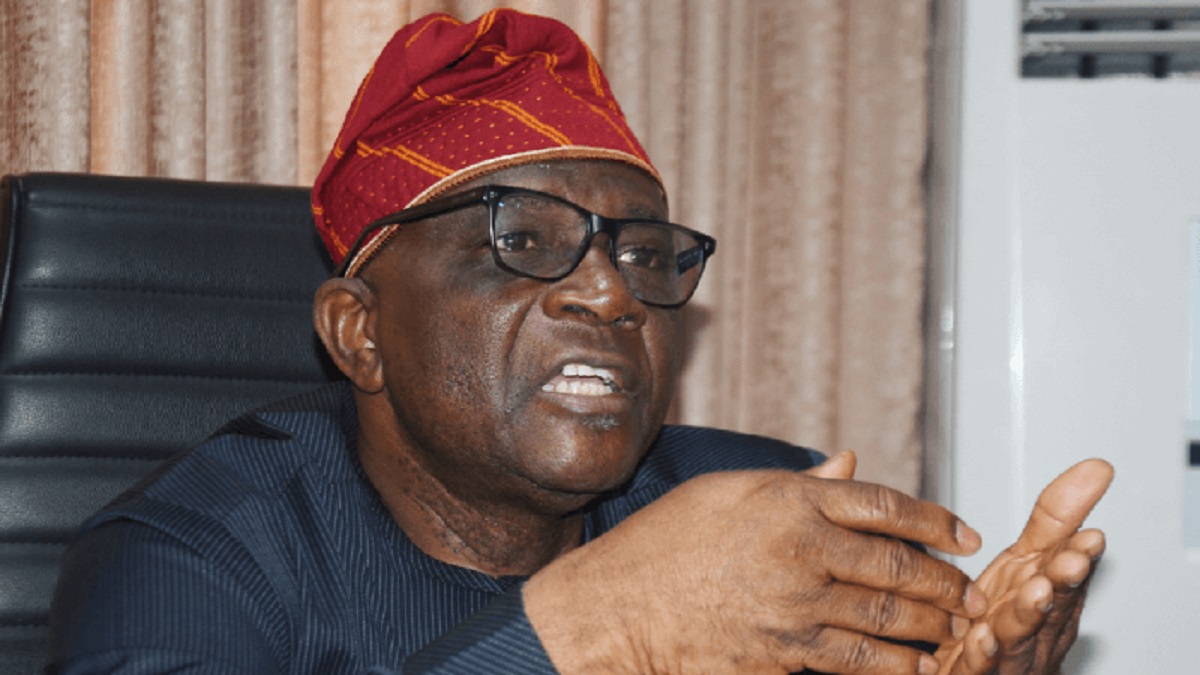POLITICS

“LET’S STOP LIVING IN DENIAL—NIGERIA IS POOR,” PRESIDENCY JUSTIFIES RISING BORROWING
The Presidency has defended the federal government's decision to seek further loans, stating that borrowing for economic development is both necessary and justifiable when the funds are properly utilized.
This comes after President Bola Tinubu submitted a request to the National Assembly seeking approval for an additional ₦34.15 trillion in external and domestic loans—a move that has sparked criticism among political stakeholders.
Speaking on the issue, presidential spokesperson Bayo Onanuga urged Nigerians to shift focus from the amount being borrowed to how effectively it is being used.
“Borrowing is not inherently wrong. Even advanced economies like the United States and the United Kingdom borrow beyond their GDP. The real issue is not the borrowing itself, but how the borrowed funds are spent,” Onanuga explained.
He emphasized the reality of Nigeria’s financial situation, saying, “We need to stop deceiving ourselves—Nigeria is a poor country with a large population. Our national budget is smaller than South Africa’s. Without borrowing, we simply cannot fund the scale of development needed.”
Addressing concerns about the economy, Onanuga acknowledged the challenges faced in the first year of the Tinubu administration, including high inflation, currency volatility, and inherited economic difficulties. However, he noted that significant progress has been made in key areas of macroeconomic reform and inclusive development.
“Global financial institutions such as the World Bank and IMF have recognized our progress,” he stated. “Nigeria’s All Share Index has more than doubled—from 50,000 in 2023 to over 110,000 in 2025. Foreign reserves have risen to $21 billion, and the debt servicing ratio has improved dramatically, dropping from 97% to below 60% of government revenue.”
He also highlighted several initiatives aimed at stimulating economic growth and inclusion, including the use of Public-Private Partnerships (PPPs), tax credits, Infraco, and matching funds to support infrastructure projects through state governments.
Onanuga further pointed to achievements in education financing: “Over 600,000 students have benefited from the student loan program through NELFUND. We're also investing in technical education and expanding access to finance as part of a broader strategy to strengthen Nigeria’s industrial base.”
"This represents a significant development in our ongoing coverage of current events."— Editorial Board









